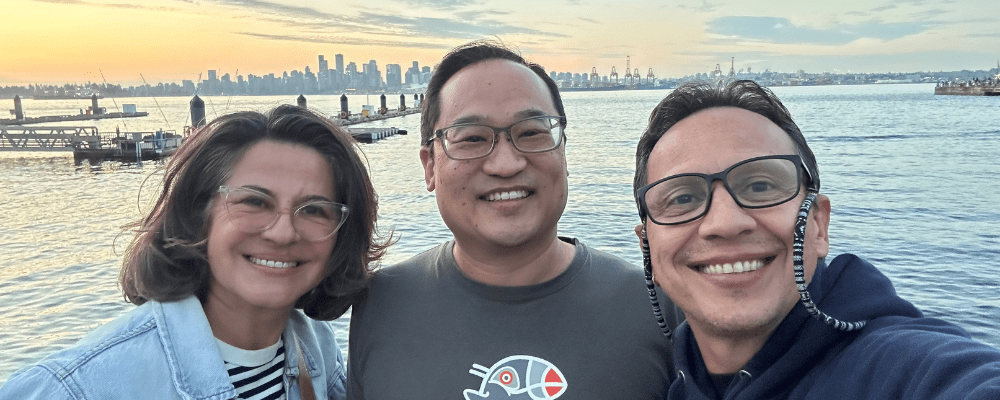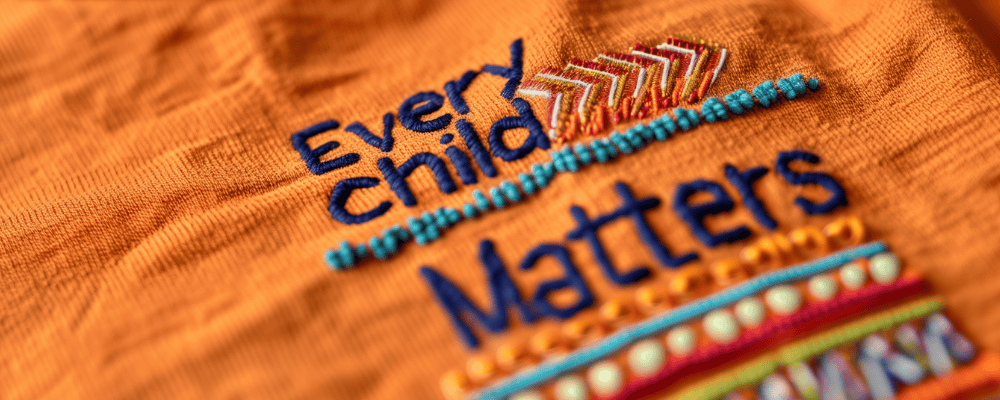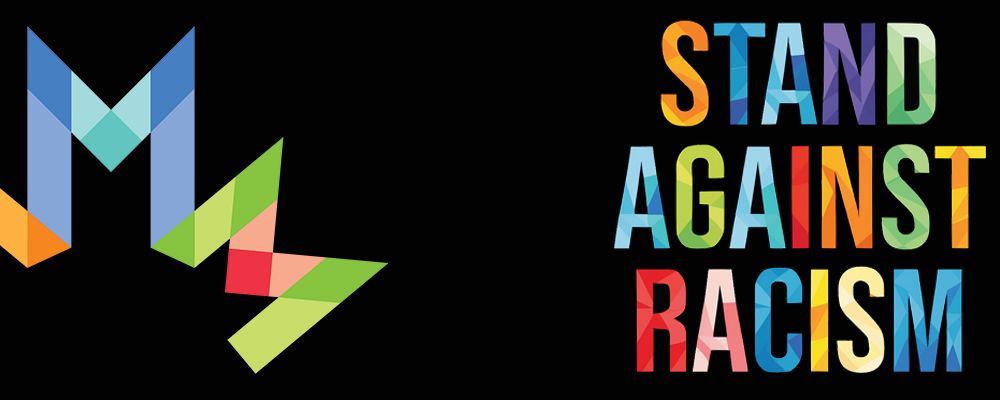By Jana Husseini
Every year, National AccessAbility Week celebrates the strength and contributions of the disability community. This year’s theme, “Breaking barriers together: Paving the way for an inclusive future,” highlights the power of collaboration in building a fairer society. To mark the occasion, we’re featuring a guest post by Jana Husseini, MOSAIC’s Disability Benefits Community Advocate, who shares her personal insights into the progress made and the work still ahead in creating true inclusion.
————————
My name is Jana Husseini, and my work as a disability advocate is deeply personal. My own experiences as a disabled person have shaped how I approach this mission every day. It all began in 2006, during my time as a regional officer with Disabled People’s International in Lebanon. This wasn’t just a job for me—I was fighting for my community across the Middle East, driven by firsthand understanding of the challenges we face. Every policy discussion and awareness campaign I led was about real people, facing real obstacles I intimately understood.
When I moved to Canada, my focus shifted, but my determination remained just as strong. At Disability Alliance BC, I helped individuals understand how to access vital supports, like the Disability Tax Credit and the Registered Disability Savings Plan. These programs aren’t just benefits to me—I know their true value. I’ve shared the relief of someone finally understanding the steps to move forward, and that’s what keeps me going. The systems we face weren’t built with us in mind. That feeling of frustration and isolation when encountering barriers others can’t see? I’ve been there. Now, I strive to be the guide I once needed, breaking down complexities into clear, actionable paths.
What Accessibility and Inclusion Mean to Me
“Inclusion – that’s the real shift. It’s not enough to just be in the room—we need to be at the table where decisions are made.”
When I think about accessibility, I’m reminded of times when a ramp, a screen reader, or even a flexible deadline allowed me to participate where I otherwise couldn’t. Accessibility is about removing unnecessary barriers that were put in place simply because no one thought about us when designing systems, spaces, and processes. But inclusion? That’s the real shift. It’s not enough to just be in the room—we need to be at the table where decisions are made.
I’ve seen the difference it makes when disabled people lead the conversations instead of just being the subject of them. Our perspectives don’t just improve systems; they are essential for creating solutions that work for everyone. Justice and equality can’t be realized until we go beyond access and ensure disabled voices are shaping the spaces and policies that affect us all.
My Role at MOSAIC

At MOSAIC, my role as a Disability Benefits Community Advocate is about much more than filling out forms. I guide newcomers and others through the process of applying for Persons with Disabilities (PWD) and Persons with Persistent Multiple Barriers (PPMB) benefits. This includes helping clients understand their rights, gather the necessary documentation, and tackle the complex systems that often feel overwhelming.
I also lead workshops and outreach initiatives, ensuring newcomers and marginalized communities know about the resources available and feel empowered to access them. The barriers my clients face are often significant. Language difficulties, systemic discrimination, and challenges connecting with healthcare professionals are just a few. For racialized individuals and newcomers, these barriers can feel insurmountable.
One story that stands out to me is about a newcomer who had been denied benefits multiple times. They faced major language and cultural barriers, and their disability made navigating the system nearly impossible. Together, we gathered the necessary documents, resubmitted their application, and finally secured approval. Seeing their relief, knowing they could now afford basic necessities, was a powerful reminder of why this work is so important.
Why National AccessAbility Week Matters
National AccessAbility Week is an opportunity to celebrate the strength and talents of the disability community while acknowledging how much work still needs to be done. Accessibility is a basic human right, but too often, it’s treated as a bonus or an afterthought. This week is a chance to recognize our contributions and remind everyone that inclusion isn’t optional.
For organizations, this week can inspire action. Whether it’s reassessing hiring practices or making documents accessible to screen readers, these moments of reflection often lead to meaningful change. For individuals, it’s a chance to move from passive support to active allyship. Listening to disabled voices, questioning inaccessible spaces, and challenging ableism are all ways to make a difference.
Looking Ahead
What gives me hope for the future is the younger generation of disabled activists. They refuse to accept the barriers my generation was told to tolerate. Their confidence and clarity are transformational. I’m also encouraged to see more organizations viewing accessibility as essential rather than an extra cost.
There’s still a long way to go. I continue to encounter barriers that existed decades ago. But I no longer feel like a lone voice. There’s a growing community of disabled people and allies working together to create lasting change. Each time I help someone successfully navigate these systems, I’m reminded that persistence works. Change may be slow, but it’s happening.
Disability is a vital part of human diversity. When we build accessible, inclusive communities, we all thrive. That’s the future we should be working toward.




